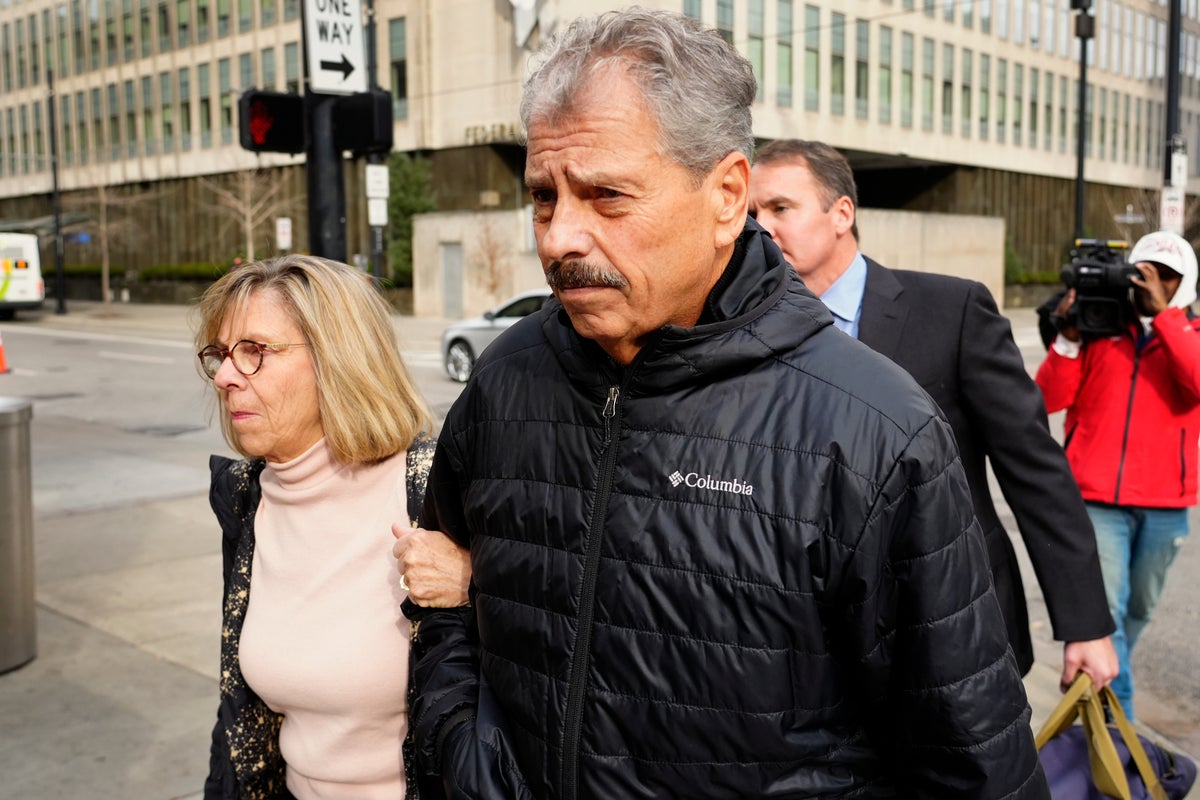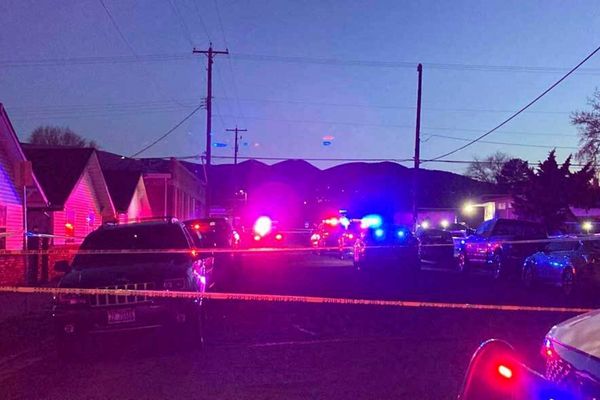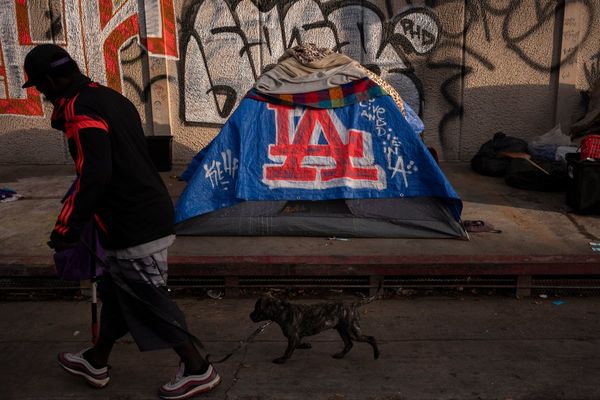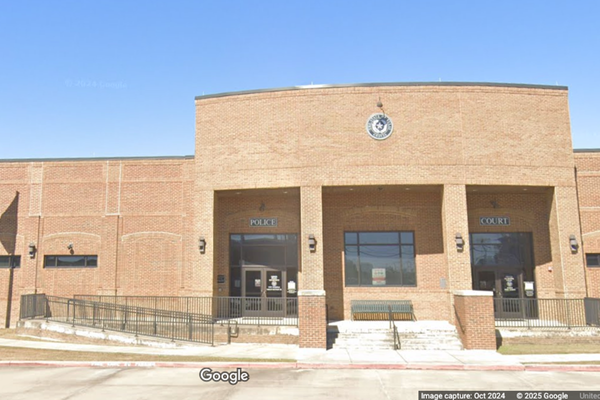
Ohio’s former top utility regulator pleaded not guilty to charges announced Monday in connection with a $60 million bribery scheme related to a legislative bailout for two Ohio nuclear power plants that has already resulted in a 20-year prison sentence for a former state House speaker.
Sam Randazzo, former chair of the Public Utilities Commission of Ohio, faces an 11-count indictment returned by a federal grand jury Nov. 29 centered on allegations that he accepted bribes from Akron-based FirstEnergy Corp. in exchange for regulatory favors, U.S. Attorney Kenneth L. Parker's office announced. Randazzo made his initial appearance in U.S. District Court in Cincinnati.
The long-awaited indictment is the latest development in what has been labeled the largest corruption case in Ohio history, and while the $1.3 billion bailout was partly repealed after the scandal broke, advocates say the stunning and systemic disdain for utility consumers that was displayed has yet to be addressed with adequate new safeguards.
“Today's indictment outlines an alleged scheme in which a public regulatory official ignored the Ohio consumers he was responsible for protecting, instead taking a bribe from an energy company seeking favors,” FBI Cincinnati Special Agent in Charge J. William Rivers said in a statement.
Randazzo, 74, resigned in November 2020 after FBI agents searched his Columbus townhome and FirstEnergy revealed in security filings what it said were bribery payments of $4.3 million for his future help at the commission a month before Republican Gov. Mike DeWine nominated him as Ohio’s top utility regulator.
He faces one count of conspiring to commit travel act bribery and honest services wire fraud, two counts of travel act bribery, two counts of honest services wire fraud, one count of wire fraud and five counts of making illegal monetary transactions. If convicted as charged, Randazzo could face up to 20 years in prison.
A message seeking comment was left for his lawyer. Earlier, in response to a statement of facts signed by current FirstEnergy CEO and President Steven Strah that details the alleged involvement of Randazzo as well as two fired FirstEnergy executives, CEO Chuck Jones and Vice President Michael Dowling, in the bribery scheme, Randazzo’s attorneys called the claims mere “hearsay” designed to keep the energy giant out of legal hot water.
At least five FirstEnergy executives were fired as a result of the scandal. None have been charged.
Ohio Consumers’ Counsel Maureen Willis, who represents the state's utility ratepayers, said the indictment was “an important first step to bring justice to Ohio utility consumers” — but that more is needed.
“It underscores the need for near-term reform of the PUCO selection process that led to his appointment as Chair of the PUCO,” Willis said in a statement. “OCC’s calls for reform so far have gone unanswered. Ohioans deserve better from the public officials in this state.”
The Ohio Environmental Council, which joined even Republican insiders in warning DeWine against appointing Randazzo, called his indictment unsurprising.
“We await more information regarding the former Chair's dealings, but one thing is clear: the actions of greedy utility companies and corrupt state officials have hurt Ohioans,” said Nolan Rutschilling, managing director of energy policy. His statement called for comprehensive action to assure the utilities commission does its job for consumers in the future.
Randazzo is the sixth individual to be indicted in the scheme.
Former Ohio House Speaker Larry Householder was sentenced in June to 20 years in prison for his role in orchestrating the scheme, and lobbyist Matt Borges, a former chair of the Ohio Republican Party, was sentenced to five years.
The U.S. attorney’s office in Cincinnati indicted three others on racketeering charges in July 2020. Lobbyist Juan Cespedes and Jeffrey Longstreth, a top Householder political strategist, pleaded guilty in October 2020. The third person arrested, statehouse lobbyist Neil Clark, pleaded not guilty before dying by suicide in March 2021. The dark money group used to funnel FirstEnergy money, Generation Now, also pleaded guilty to a racketeering charge in February 2021.
All were accused of using the $60 million in secretly funded FirstEnergy cash to get Householder’s chosen Republican candidates elected to the House in 2018 and then to help him get elected speaker in January 2019. The money was then used to win passage of the tainted energy bill, House Bill 6, and to conduct what authorities have said was a $38 million dirty-tricks campaign to prevent a repeal referendum from reaching the ballot.
For Randazzo's part, prosecutors allege he took deliberate actions favorable to FirstEnergy. In November 2019, according to the indictment, he included language in a PUCO opinion and order to address a concerning issue FirstEnergy had coming up in 2024.
“Stock is gonna get hit with Ohio 2024. Need Sam to get rid of the ’Ohio 2024 hole,’” an energy executive's text message read. Another messaged that they had spoken to Randazzo and he “(t)old me 2024 issue will be handled next Thursday.”
The next Thursday, the PUCO decision included language alleviating the 2024 issue.
The charging document further alleges that Randazzo received the bribe money through his consulting business, Sustainability Funding Alliance of Ohio, Inc., and used the business to funnel himself at least $1 million meant for the Industrial Energy Users-Ohio, an association of large industrial energy users that he controlled.
Federal prosecutors allege that Randazzo skimmed portions of settlements he made with companies on behalf of IEU-Ohio off the top and kept them for himself, even at one point allegedly creating a fictitious member of the group to receive payments along with legitimate members.
FirstEnergy admitted to its role in the bribery scheme as part of a July 2021 deferred prosecution agreement with the U.S. Department of Justice. The company agreed to pay $230 million in penalties and to accomplish a long list of reforms within three years in order to avoid being criminally prosecuted on a federal conspiracy charge.







